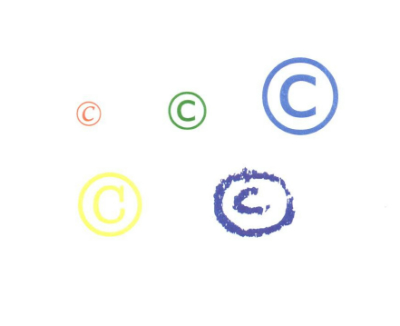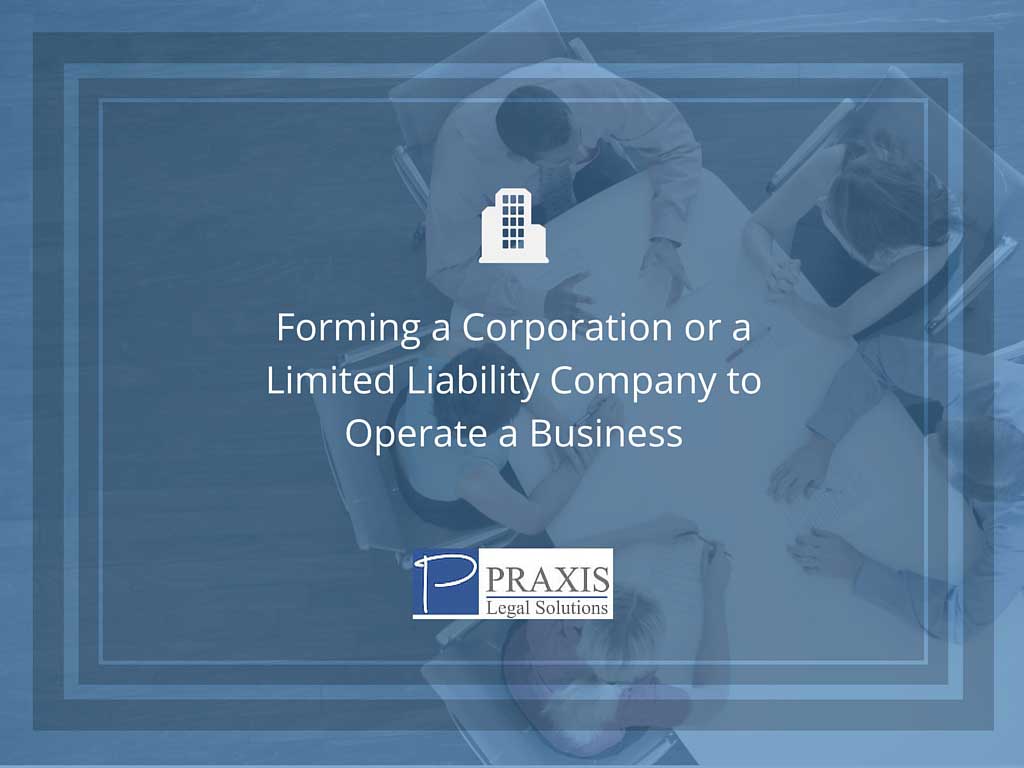The Americans with Disabilities Act (“ADA”) applies to all businesses, governments and governmental agencies, regardless of size. The ADA requires businesses and governmental agencies to make their places of business and information about their goods and services “accessible” to persons with disabilities, whether those disabilities are visual, auditory, physical, neurological or cognitive in nature and whether they affect sight, hearing, speech, learning or language.
We are familiar with the barriers to accessibility in the built environment and how businesses and governments address availability with signage, ramps, elevators and wider doorways, as well as braille for the blind and assistive devices for those with impaired hearing. With the migration of commerce and information online, the US Department of Justice began to consider how the accessibility requirements of the ADA should apply to websites and mobile apps, the online equivalent of the built environment.
Advance Notices of Proposed Rulemaking
Beginning in July 2010, the DOJ issued a series of four Advance Notices of Proposed Rulemaking (“ANPRM”) for the purpose of gathering information and comments to inform the rule-making process. In the ANPRMs, DOJ proposed WCAG 2.0, an updated version of the “Web Content Accessibility Guidelines” as the standard for compliance with the ADA by websites and mobile apps.
The success criteria of WCAG 2.0 are written as “testable statements”; statements that test whether the website or mobile app is perceivable, operable, understandable and robust for individuals with disabilities. WCAG 2.0 is not technology-specific, but lists and describes a range of steps that developers can take to conform to the success criteria. For example, developers can provide text alternatives for non-text content, such as photos or drawings, so that the content can be changed into other forms such as braille, speech or symbols. They can also provide alternatives for time-based media, such as video or slides that unfold over time and make functionality available from a keyboard. Lastly, they can help users avoid & correct mistakes and maximize compatibility with current and future assistive technologies.
Current Status of ANPRM
Where are we now in this process? On December 26, 2017, the DOJ withdrew all of its ANPRMs on website and mobile app accessibility, with the result that currently there are no ADA regulations on website or mobile app accessibility. One might conclude that no regulations is a good thing, but that is not always the case.
Website and app owners remain subject to the ADA, and, at least in theory, they and developers have greater flexibility in adapting websites and apps to comply with the ADA. However, the lack of clear guidelines creates uncertainty, something most business owners strive to eliminate. In addition, the lack of clear guidance potentially introduces an element of arbitrariness in enforcement proceedings, something that all business owners rightfully fear. For now, business owners and website and app developers are pretty much on their own when it comes to compliance with the ADA. And although WCAG 2.0 has not been adopted by DOJ, it can still serve as useful guidance for creators and owners of websites and apps.
Require legal advice? Contact us at Praxis Legal Services to schedule a consultation today and get expert business legal solutions tailored to your specific needs.







 New Jersey Bans Salary History
New Jersey Bans Salary History Online Reviews: A Blessing and a Curse
Online Reviews: A Blessing and a Curse Mind Your Formalities
Mind Your Formalities Limited Liability Companies New and Improved
Limited Liability Companies New and Improved Difference Between Licensing and Franchising
Difference Between Licensing and Franchising
Leave a Reply